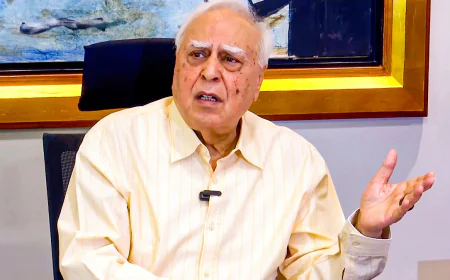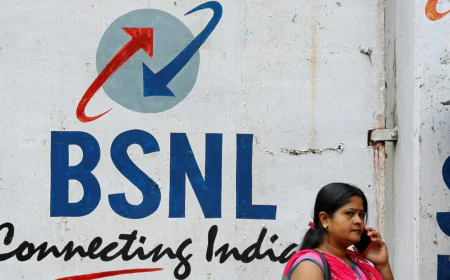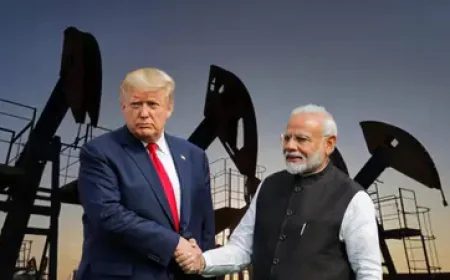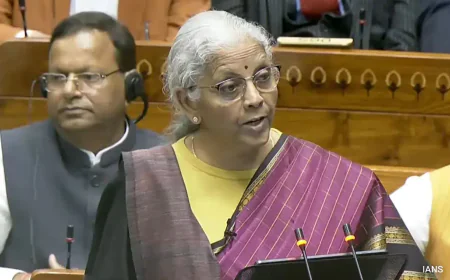'Continuous improvement in employment generation, unemployment highest among youth, but this is temporary'; MPC member spoke
On the decline in Foreign Direct Investment (FDI) in the country, Goyal said, this is because efforts are being made to re-invest in developed countries. They are encouraging investment to come back while increasing economic security. There is also policy uncertainty due to the elections.

RBI Monetary Policy Committee (MPC) member Ashima Goyal said unemployment is highest among the youth of the country. However, this is temporary. This is because youth take more time to acquire skills and start enterprises. Along with strong growth, employment generation is also improving steadily.
Youth unemployment is higher among the more qualified, he said, but they also earn higher wages. While waiting they work in the informal sector or venture into entrepreneurship. Opportunities for the youth can be enhanced through better health, infrastructure, insurance, education, and skill training facilities, the MPC member said. This is not possible through permanent government jobs because there is stagnation in them. According to the International Labor Organization, the unemployment rate in India has decreased. It was 17.5 percent in 2019, which will come down to 10 percent in 2023.
Goyal explained that attempts are being made to reinvest in developed countries, which is the reason for the fall in Foreign Direct Investment (FDI) in the nation. They are strengthening economic security and luring back investment. The elections have added to the uncertainty surrounding the policy. India is reversing investment treaties that favor foreign investment. To increase trust in our legal system, there is a need to shorten courtroom delays in India.
Want to get your story featured as above? click here!
Want to get your story featured as above? click here!
When asked if India could benefit from the China Plus One policy, Goyal responded that it would be hard for India to compete with the US Treasury or the governments of other high-income nations since they provide incentives in different ways. However, we can use cooperation to increase the participation of domestic companies in global supply chains.























.jpg)





















































